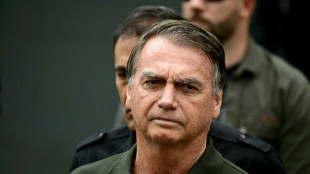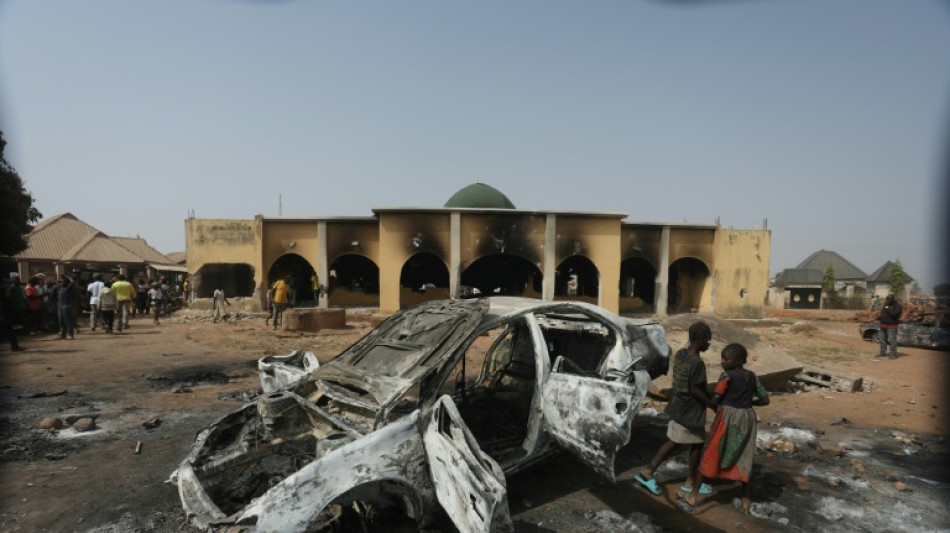
-
 Scandic Trust Group strengthens sales network with First Idea Consultant
Scandic Trust Group strengthens sales network with First Idea Consultant
-
Earth 'can no longer sustain' intensive fossil fuel use, Lula tells COP30
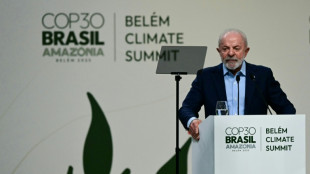
-
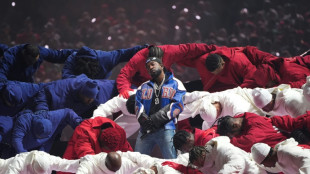 Kendrick Lamar leads Grammy noms with nine
Kendrick Lamar leads Grammy noms with nine
-
Ex-British soldier fights extradition over Kenyan woman's murder
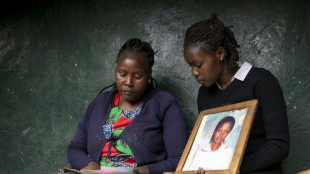
-
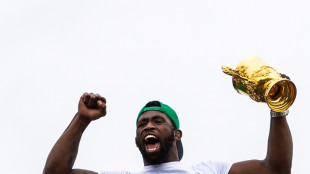 Kolisi to hit Test century with his children watching
Kolisi to hit Test century with his children watching
-
Alex Marquez fastest in practice ahead of Portuguese MotoGP

-
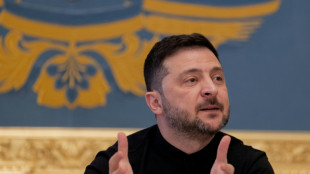 Will 'war profiteer' Norway come to Ukraine's financial rescue?
Will 'war profiteer' Norway come to Ukraine's financial rescue?
-
Tech selloff drags stocks down on AI bubble fears

-
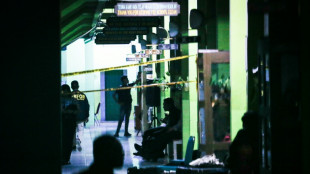 Blasts at Indonesia school mosque injure more than 50
Blasts at Indonesia school mosque injure more than 50
-
Contepomi says lead-in to Wales match a 'challenge' for Argentina

-
 Greece woos US energy deals, as eco groups cry foul
Greece woos US energy deals, as eco groups cry foul
-
Frank says Spurs supporting Udogie through 'terrible situation'

-
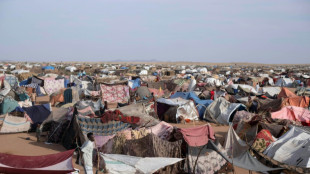 MSF warns of missing civilians in Sudan's El-Fasher
MSF warns of missing civilians in Sudan's El-Fasher
-
Norris on top as McLaren dominate opening Sao Paulo practice

-
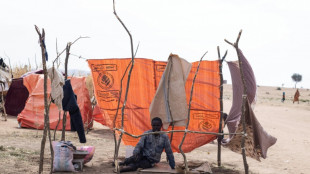 UN warns 'intensified hostilities' ahead in Sudan despite RSF backing truce plan
UN warns 'intensified hostilities' ahead in Sudan despite RSF backing truce plan
-
Seven hospitalized after suspicious package opened at US base
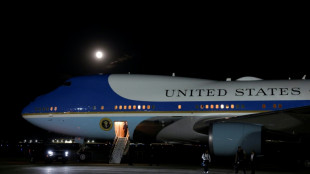
-
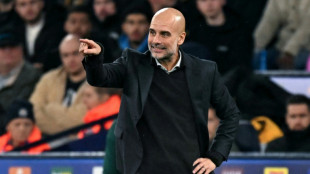 Guardiola says 'numbers are insane' as he reaches 1,000 games in charge
Guardiola says 'numbers are insane' as he reaches 1,000 games in charge
-
Brazil welcomes China lift of ban on poultry imports
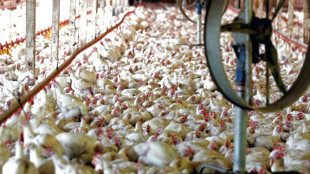
-
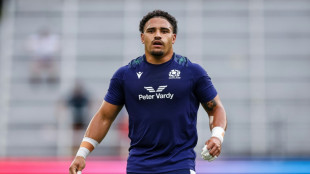 Scotland captain Tuipulotu bids for landmark win over All Blacks
Scotland captain Tuipulotu bids for landmark win over All Blacks
-
Woman convicted in UK of harassing Maddie McCann's parents
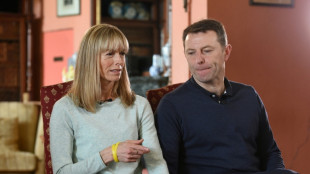
-
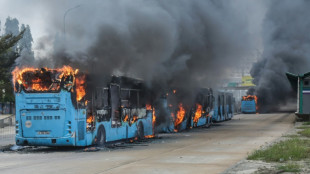 Tanzania charges more than 100 with treason over election protests
Tanzania charges more than 100 with treason over election protests
-
Nexperia chip exports resuming: German auto supplier

-
 Genge warns England to beware 'nasty' Fiji at Twickenham
Genge warns England to beware 'nasty' Fiji at Twickenham
-
Stocks fall on renewed AI bubble fears

-
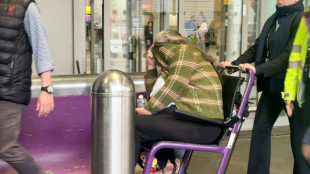 UK grandmother on Indonesia death row arrives back in London
UK grandmother on Indonesia death row arrives back in London
-
Spanish star Rosalia reaches for divine in new album
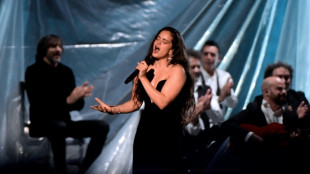
-
 Portugal's Mendes out injured as Neves returns for World Cup qualifiers
Portugal's Mendes out injured as Neves returns for World Cup qualifiers
-
Afghan-Pakistan peace talks push ahead after border clashes
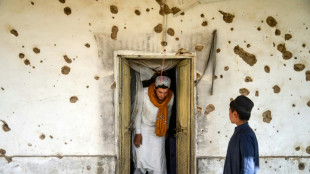
-
 Fleetwood in tie for lead at halfway stage in Abu Dhabi
Fleetwood in tie for lead at halfway stage in Abu Dhabi
-
Brazil court starts hearing Bolsonaro appeal
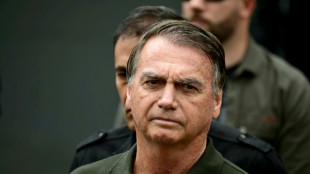
-
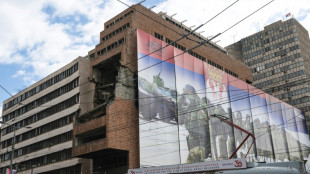 Serbia fast-tracks army HQ demolition for Trump family hotel
Serbia fast-tracks army HQ demolition for Trump family hotel
-
Ireland captain Doris 'mentally stronger' after long break

-
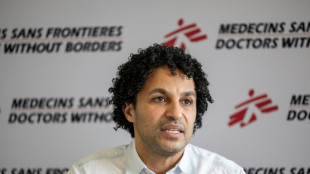 MSF accuses powerful nations of weakening S.Africa's G20 health text
MSF accuses powerful nations of weakening S.Africa's G20 health text
-
Maresca defends Chelsea rotation policy after Rooney criticism
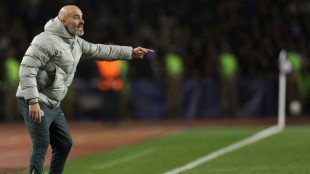
-
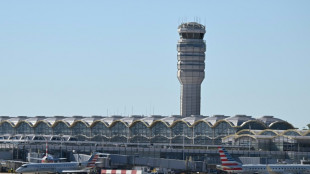 Hundreds of flights cut across US in government paralysis
Hundreds of flights cut across US in government paralysis
-
Xhaka 'made me a better coach', says Arsenal boss Arteta
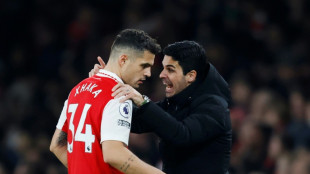
-
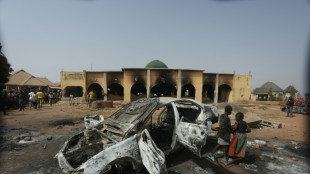 Central Nigerian town rebuilds religious trust in shadow of Trump's threat
Central Nigerian town rebuilds religious trust in shadow of Trump's threat
-
Inside Germany's rare earth treasure chest
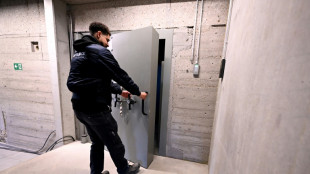
-
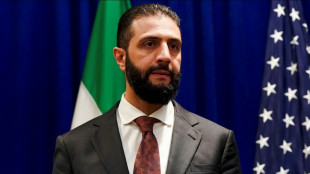 Former jihadist Syrian leader makes unprecedented White House visit
Former jihadist Syrian leader makes unprecedented White House visit
-
Kagiyama takes NHK lead in Japan to kick-start Olympic season

-
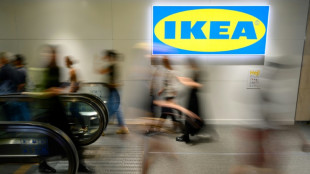 Ikea profits drop on lower prices, tariff costs
Ikea profits drop on lower prices, tariff costs
-
European, Asian stocks decline after Wall Street slide
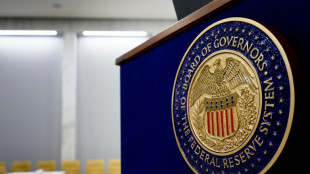
-
 Tuchel brings 'immense' Bellingham and Foden back into England fold
Tuchel brings 'immense' Bellingham and Foden back into England fold
-
German FA extends with president Neuendorf until 2029

-
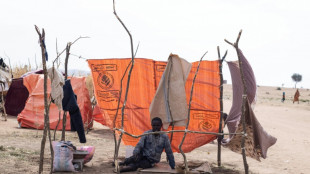 No end to Sudan fighting despite RSF paramilitaries backing truce plan
No end to Sudan fighting despite RSF paramilitaries backing truce plan
-
US officials, NGOs cry foul as Washington snubs UN rights review
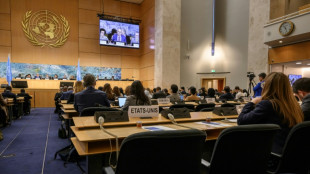
-
 Injured teen medal hope Tabanelli risks missing home Winter Olympics
Injured teen medal hope Tabanelli risks missing home Winter Olympics
-
Bellingham, Foden recalled to England squad for World Cup qualifiers

-
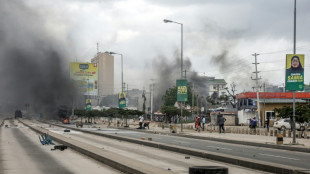 Tanzania rights group condemns 'reprisal killings' of civilians
Tanzania rights group condemns 'reprisal killings' of civilians
-
Slot urges patience as Isak returns to training with Liverpool
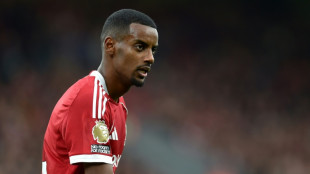

Central Nigerian town rebuilds religious trust in shadow of Trump's threat
On a cool November morning, members of a local council in central Nigeria met religious leaders at the traditional ruler's palace to discuss religious harmony as US President Donald Trump revs up accusations of Christian persecution in Africa's most populous country.
Nigeria, a west African country of 230 million people, is roughly evenly split between a mostly Christian south and a Muslim-majority north. It is home to myriad conflicts, including jihadist insurgency, that experts say kill both Christians and Muslims, often without distinction.
But Trump has ordered a military intervention in Nigeria to halt what he says are killings of Christians "in very large numbers" by radical Islamists.
Mangu, a small rustic town in Nigeria's central Plateau state located 250 kilometres from the capital Abuja, was the scene of deadly clashes that targeted both Christians and Muslims last year.
Since then community leaders hold regular dialogues to forestall a recurrence.
For decades, Mangu mostly escaped the intercommunal violence that often erupts elsewhere in Nigeria's central "Middle Belt" farming region.
Many of the conflicts in the region have their roots in tensions over land between Muslim herders and mostly Christian farmers, as the impact of climate change threatens agricultural livelihoods.
Mangu's Muslims and Christians mostly belong to the Mwaghavul tribe, and have lived side by side for decades before the 2024 violence.
The town's central mosque was located in the Christian-dominated district, and the town's biggest church once stood in a Muslim-majority quarter.
Both yellow buildings were torched and destroyed when the farming town of around 300,000 people was ravaged as assailants raided rival districts with guns and machetes after a dispute over land, water and cattle grazing, in January last year.
Twenty-two months later, the charred walls of Umar bin Khatab Juma'at mosque and a roofless and windowless Cocin Kwhagas Lahir church -- still stand as a reminder of the day the town temporarily lost its peace.
"We thank God for the relative peace that has reigned in Mangu," said resident Muhammad Kamilu Aliu, 37, at a hardware market. "There is no more crisis here again".
District head Moses Dawop, underlines the "peace we have been crying for is gaining ground".
Across Mangu, Muslims and Christians are back to doing business together, with religious and community leaders intent on rebuilding trust in the community.
Mangu's main market is abuzz with sellers and buyers mingling while elsewhere on the town's dusty streets, children play, rolling disused motorcycle tyres.
But the local chairman of the Christian Association of Nigeria, Timothy Samson Dalang, and the town's main imam, Ibrahim Hudu Manomi, say that there is still much to be done.
"We've been working day and night to see how we can get ourselves back to the former self that we used to be, as peaceful as we used to be," Manomi said.
For Dalang, cooperation among the religious leaders has been instrumental in thwarting attempts by "hoodlums who are bent to sabotage the peace process" for "selfish reasons."
Rebuilding homes, places of worship and schools torched during the unrest is also taking time.
Leaders want to restore trust first among the followers of the two religions to pre-conflict levels before reconstruction can take place.
Nigerians are wary of Trump's threat to strike radical Islamists.
For many in this central state -- a hotbed of inter-communal violence -- religious persecution is an alien concept and they fear that the White House narrative could roll back years of peacebuilding.
Trump's allegations of Christian persecution will "take us back to square one," said Ghazali Isma'ila Adam, the chief imam of the Plateau state capital Jos.
Jihadists "attack everybody, be it Muslims, Christians, pagans," said Idris Suleiman Gimba, 54, a Muslim restaurateur in northeastern Borno State's capital city, Maiduguri, the epicentre of the 16-year-long jihadist insurgency.
Gimba lost 10 family members in a mosque bombing in neighbouring Yobe State in 2014, during the height of the conflict.
Saidu Sufi, a political science teacher in northwestern Kano state, said terrorists and bandits often hide under religion to carry out their criminal activities.
"We have seen in parts of the northwest where bandits use religious cover by starting their campaign of violence by quoting scripture," Sufi said. "But it is not religious."
For Adams Mamza, 28, a Christian Maiduguri resident working for a car rental firm, Trump's intervention is only welcome if "they can target it on these bandits, Boko Haram, the insurgents."
President Bola Tinubu told his ministers on Thursday as cabinet met for the first time since Trump's threats, that "we want our friends to help us as we step up our fight against terrorism, and we will eliminate it".
J.Saleh--SF-PST

